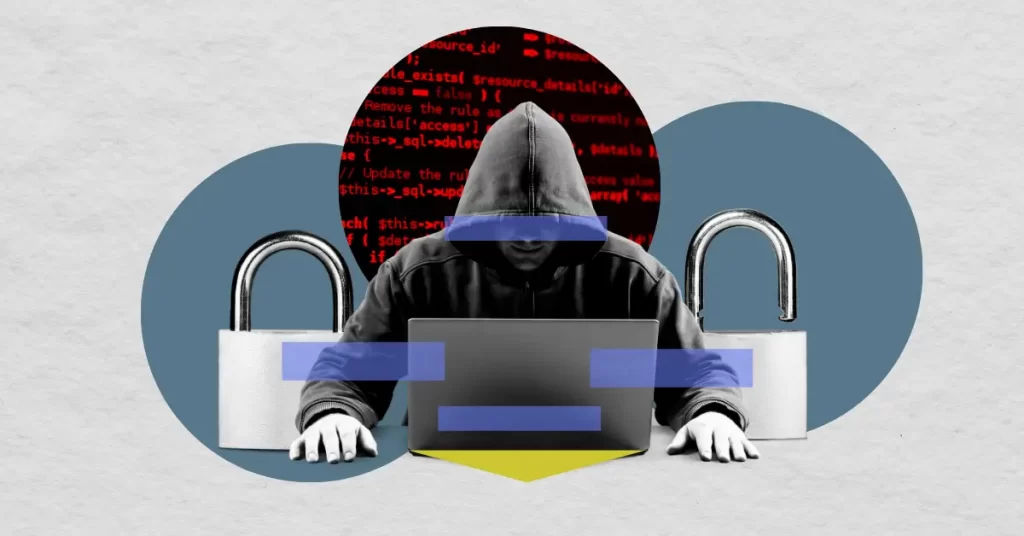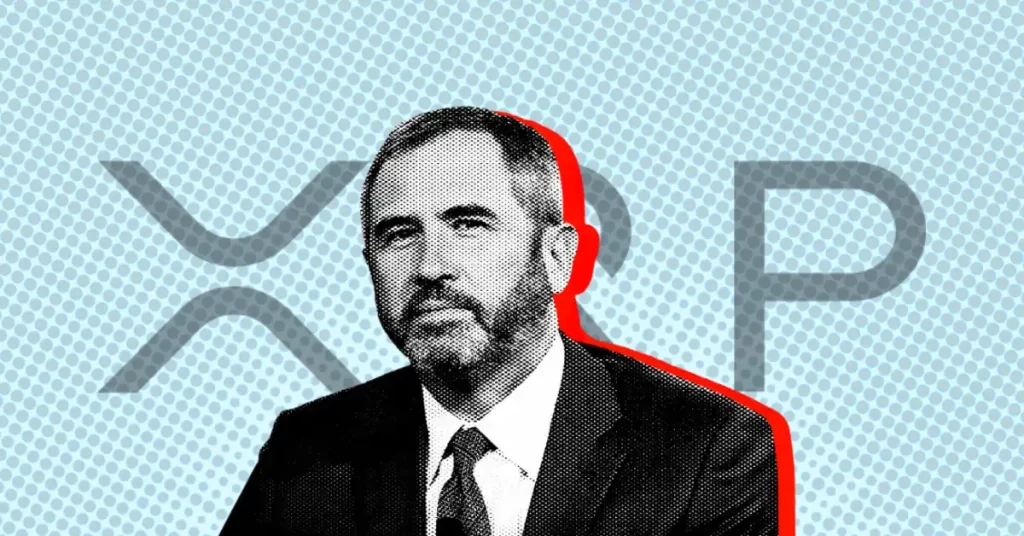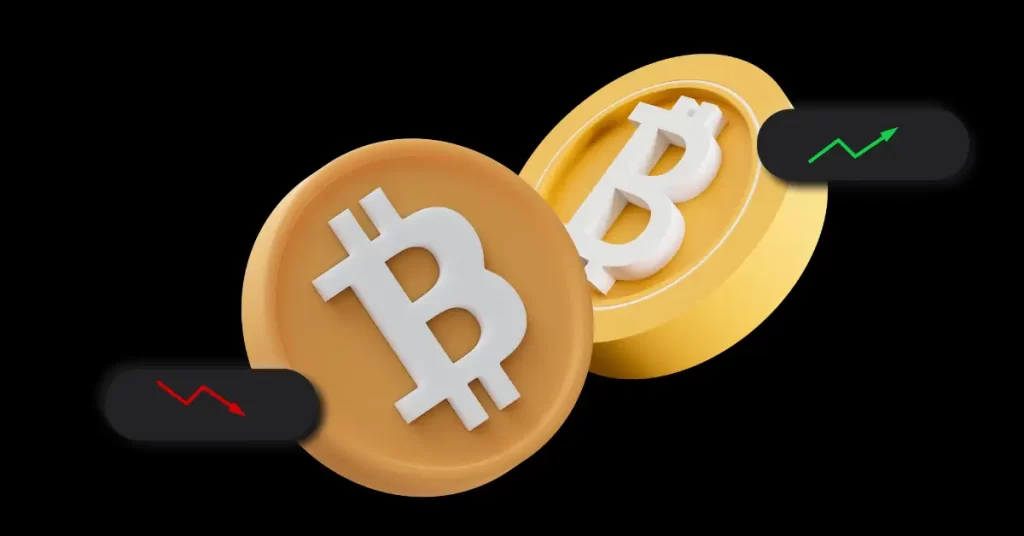
The post Phobos Ransomware Arrest: Who is Evgenii Ptitsyn and What Are the Allegations Against Him? appeared first on Coinpedia Fintech News
The United States Department of Justice (DOJ) has announced the extradition of Evgenii Ptitsyn, a 42-year-old Russian national, from South Korea to face charges related to the Phobos ransomware. Ptitsyn is accused of playing a central role in the global ransomware operation, allegedly managing the sale, distribution, and deployment of malware that has impacted over 1,000 public and private organizations worldwide.
Phobos Ransomware: A Persistent Threat
Phobos ransomware is a Ransomware-as-a-Service (RaaS) tool for affiliates who target critical areas such as healthcare, education, and government institutions. The ransomware locks victims’ data and then demands ransom payments, with threats to expose the files if the demands are not met.
According to the DOJ’s allegations, affiliates funded decryption fees from 2021 to 2024 into wallets identified by Ptitsyn. Paying these sums in BTC, law enforcement followed these transactions to a unique wallet that belonged to Ptitsyn. The case also describes how Phobos enters systems through phishing campaigns and brute-force attacks on the RDP (Remote Desktop Protocol).
Charges and Potential Penalty
This indictment of Ptitsyn contains 13 counts: thirteen counts of wire fraud, computer fraud, and extortion. Each count carries a potential prison sentence of up to 20 years. The extradition was made through an international collaboration involving South Korea, Japan, and several European countries.
Conclusion
The case highlights growing global efforts to combat ransomware risks. As more societies and economies shift to digital foundations, worldwide law enforcement agencies are stepping up their commitment to ensuring that cybercriminals are apprehended. This case serves as a reminder of the importance of safeguarding critical systems worldwide.

 3 months ago
31
3 months ago
31









 English (US) ·
English (US) ·